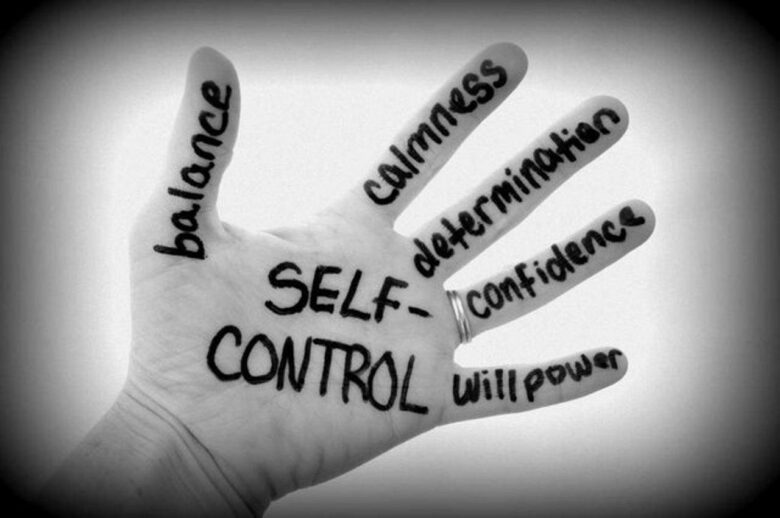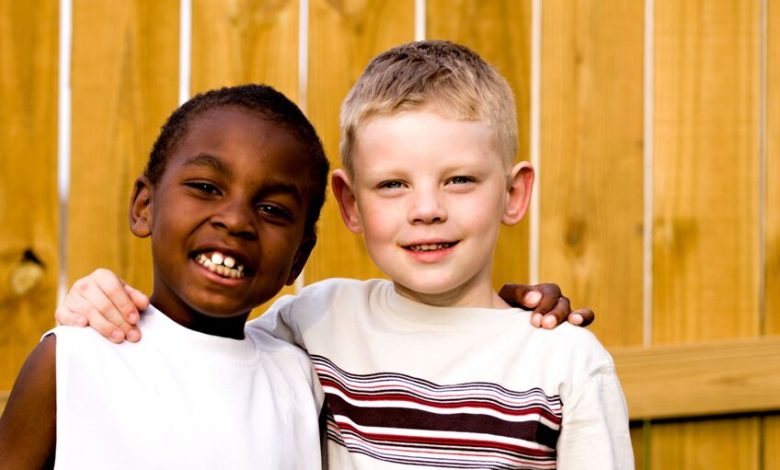There is no doubt that sports are extremely important in a child’s development, not only physical but also the development of the mind. But since there are a lot of sports available, parents often get confused by which sport to choose for their child, to ensure it also boosts their learning experience. In this case, karate is highly recommended, since it is known for its multiple beneficial effects if one starts training it at an early age.
What Is Karate?
It is a system of movements that are performed willingly, with concentration, powerfully, and explosively. When performing the karate technique correctly, all muscles are involved evenly. The specific movement develops strength, speed, agility, endurance, concentration, intelligence, and fighting spirit. There are numerous reasons why one should enroll their child in martial arts clubs, like Kids Karate Illinois, most of which you can find here.
When thinking about how it aids the learning experience, here are some key points:
- developing the mind and intelligence
- increasing attention and concentration
- establishing self-control and self-discipline
- developing self-esteem and respect for others
But also it’s good for maintaining and improving health and immunity, as well as mastering the art of self-defense and gaining self-confidence.
Mind and Intelligence

A lot of parents wonder how to asses their child’s intelligence. Intelligence is when we know that a tomato is a fruit, and intelligence is not to put it in a fruit salad. Mind and intelligence are closely related, but they are not the same. Intelligence is the ability to solve problems. It is creative, and operative. The mind is like a library. Which knowledge we will use depends on intelligence, and knowledge itself is a part of it.
Karate helps the development of intelligence by learning new movements, learning their effectiveness, using them in different situations, and combining them. Children also learn their names, which are in a foreign language – Japanese, the official karate language that is used internationally. They develop intelligence when they start to respond to the actions of the partner they work with, with the proper guidance of the karate instructor, which ensures that no injuries occur.
Attention and Concentration
In order to properly perform the technique, it is necessary for the child to be concentrated, just as is the case with learning. It is a fighting art and thus aims to combine forces to produce the most effective movement by which we will repel the opponent’s attack and deliver the final blow, preventing him from continuing with a further attack.
In order for the forces on the body to combine into the most powerful movement, it is necessary to coordinate the movement of almost all the joints in the body. We achieve the full potential of the technique exclusively through the timely performance of each individual movement accompanied by proper breathing. This complexity of performance greatly improves attention and concentration.
Self-Control and Self-Discipline

Rules of behavior are clearly set in this sport. Like other martial arts, in karate, the code of ethics is very important. Instructors use it properly to educate children and call for order and mutual respect. Both self-control and self-discipline are closely related to motivation.
If the karate teacher managed to develop in the child a love for practicing this skill, as well as a positive mutual emotional connection between the members of the club, then the child will try to respect the set rules in order to progress and not hinder others in their progress.
It is the achievement of self-discipline. And self-control is achieved through an awareness of one’s own behavior and its alignment with common goals, which the instructor helps the child with motivational messages.
How Does It Affect Overall Health?
Health is directly related to proper posture and proper movement. Evenly distributed loads from head to toe when performing karate techniques contribute to the integral development of musculature and proper posture.
Dosing exercises during the class, which are in the domain of developing speed, strength, agility, concentration, and breathing, influence the improvement of fitness and the development of sports habits. A child who practices karate develops character and abilities so that, if he decides to do so, he can successfully engage in any other sport.
From a sense of self-satisfaction, a healthy and proper body posture, and a developed fighting spirit, the child has the basic elements that are on the front line against infectious germs. When you add to that a properly varied diet, adherence to hygiene principles, and a lifestyle in which the child moves and rejoices as much as possible, immunity will fight against every threatening microorganism.
Self-respect and respect for others

Respect for others and self-respect are reciprocal processes. Both are learned through the other. Respect is closest to the feeling of gratitude, love, and admiration. For the development of these qualities within karate training, the role of the coach is very important. He must listen to the child, answer its questions, encourage the child, praise and all in a timely manner.
In addition, he must direct the children to each other and explain to them the meaning of certain protocols, which are inherent in karate and through which respect is shown for the space in which it is practiced, for the authority, i.e. the trainer, for one’s partner, the opponent, the originator of the direction of the skill being trained.
Part of karate training is self-defense. By practicing techniques in which they defend themselves against potential attacks, children master their execution and become confident in themselves. When they can physically protect themselves, they become more self-confident, and a psychological transfer is made to other spheres of life when overcoming the fear of public speaking, shame, and the like. Children develop courage as an important personal trait.
Sport teaches children that when the going gets tough, they have to do their best, and karate, as an individual sport, teaches children to fight with themselves first and then with the opponent.

